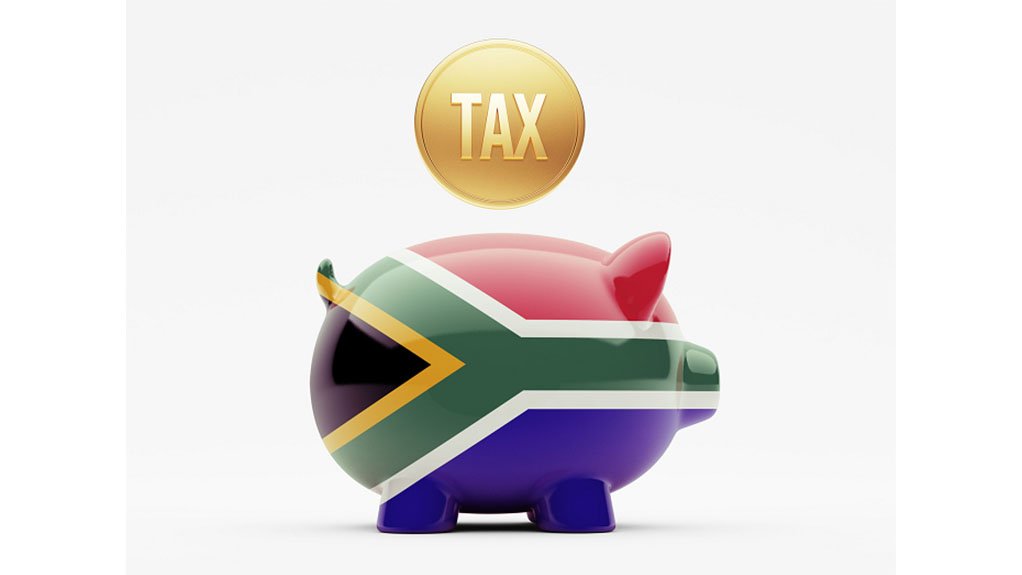For the 190 000 daily forex traders that take to the markets every day in South Africa, the world of foreign exchange is ripe with opportunity. It also comes with its own set of regulatory and compliance issues, as well as several implications for taxation. Armed with enough information on how forex is taxed, traders can make informed decisions about how to optimise their financial outcomes, stay on the right side of SARS and reduce their tax burden with tax-saving strategies.
Providing insight on this is Tickmill Managing Partner, Roger Eskinazi who says that every financial gain or profit earned as remuneration or trading activities, is taxable. This includes trading earnings in offshore trading accounts. “The difference in how trading income is taxed compared to the tax liability of everyday employees is rooted in the fact that the majority of online traders do so independently rather than as employees of a company.
For this reason, traders; who are not typically paid a salary, will not be liable for Pay-As-You-Earn (PAYE) tax on their income and should therefore be registered as provisional taxpayers.
The best way to understand how the system works is to compare an online trader to an independent contractor, a self-employed individual, or a freelancer.
These individuals, regardless of whether the origin of their income is in South Africa or an overseas territory, should declare their profits on their annual tax returns and register for provisional tax. It is however essential to highlight that each individual's tax situation may vary based on their specific circumstances and income sources,” adds Eskinazi.
The alternative to paying income tax as a provisional taxpayer, is to pay tax as a corporate entity of a small business corporation. The latter provision will however only apply in cases where the individual that is trading has been approved by SARS as a registered entity.
If forex trading is conducted through a South African registered firm, a flat tax of 28% of taxable income will apply. On the other hand, if trading occurs through a registered small business corporation, that corporation will be exempt from paying tax if their annual taxable revenue does not exceed R95 750.
Tax deductibles: paperwork pays off
The advantage of being a provisional taxpayer is that unlike in the case of PAYE, there are a number of tax-deductible expenses that apply. Some of these include business travel (which requires the individual to keep a logbook), business-related entertainment, and medical aid expenses. Keeping an accurate record of these expenses, with receipts, invoices and other sources of proof, are therefore important for any individual looking to maximise their deductions.
As Eskinazi adds: “traders may find it arduous to file the paperwork required to submit tax deductibles, but taking the time and effort required to do this due diligence can save you money and hassle in the long run. SARS officials may request that your tax return be audited, in which case they will need access to this paperwork in order to verify each deductible – not having it stored and ready to access can result in the deductions being disallowed.”
Save up – but make it tax-free
Another way to reduce your tax burden and make the most of your earnings from online trading is to open a tax-free savings account. Any individual can make contributions to a tax-free savings account capped at R36 000 per year and R500 000 in a lifetime. Provided that you stay within the stipulated limit, you can make contributions of any type of funds into this account, including earnings from forex trading.
As an investment vehicle, the tax-free savings account may attract interest, capital gains and dividends, depending on how those funds are invested by the relevant institution. These gains also remain tax-free and are a highly effective way of amassing non-retirement savings that can be withdrawn as a lump sum or in smaller withdrawals.
Saving for retirement has tax benefits
Adding his final tax savings tip for forex traders, Eskinazi urges traders to consider putting a portion of their profits towards a retirement annuity (RA) fund, which also holds its own tax benefits. Contributions made to an RA are deducted from the individual's taxable income, reducing their overall tax liability for the year. This means that individuals effectively receive a tax benefit equal to the amount of their RA contributions, up to certain limits determined by tax legislation.
According to the current legislation, individuals can make a tax-free contribution to an RA of up to 27.5% of your taxable income, capped at R350 000 per tax year. If this contribution has not been maximised before the end of the tax year, it’s advisable to make a lump sum contribution in time for the submission of your tax return.
“The beginning of the 2025 tax year is fast approaching and will start from 01 March 2024 to 28 February 2025. Now is the ideal time to get your affairs in order and hire the services of a tax practitioner, if necessary, to make sure that your tax payments remain up to date to avoid any further problems down the line,” says Eskinazi.
Written by Roger Eskinazi, managing partner, Tickmill
EMAIL THIS ARTICLE SAVE THIS ARTICLE ARTICLE ENQUIRY
To subscribe email subscriptions@creamermedia.co.za or click here
To advertise email advertising@creamermedia.co.za or click here











